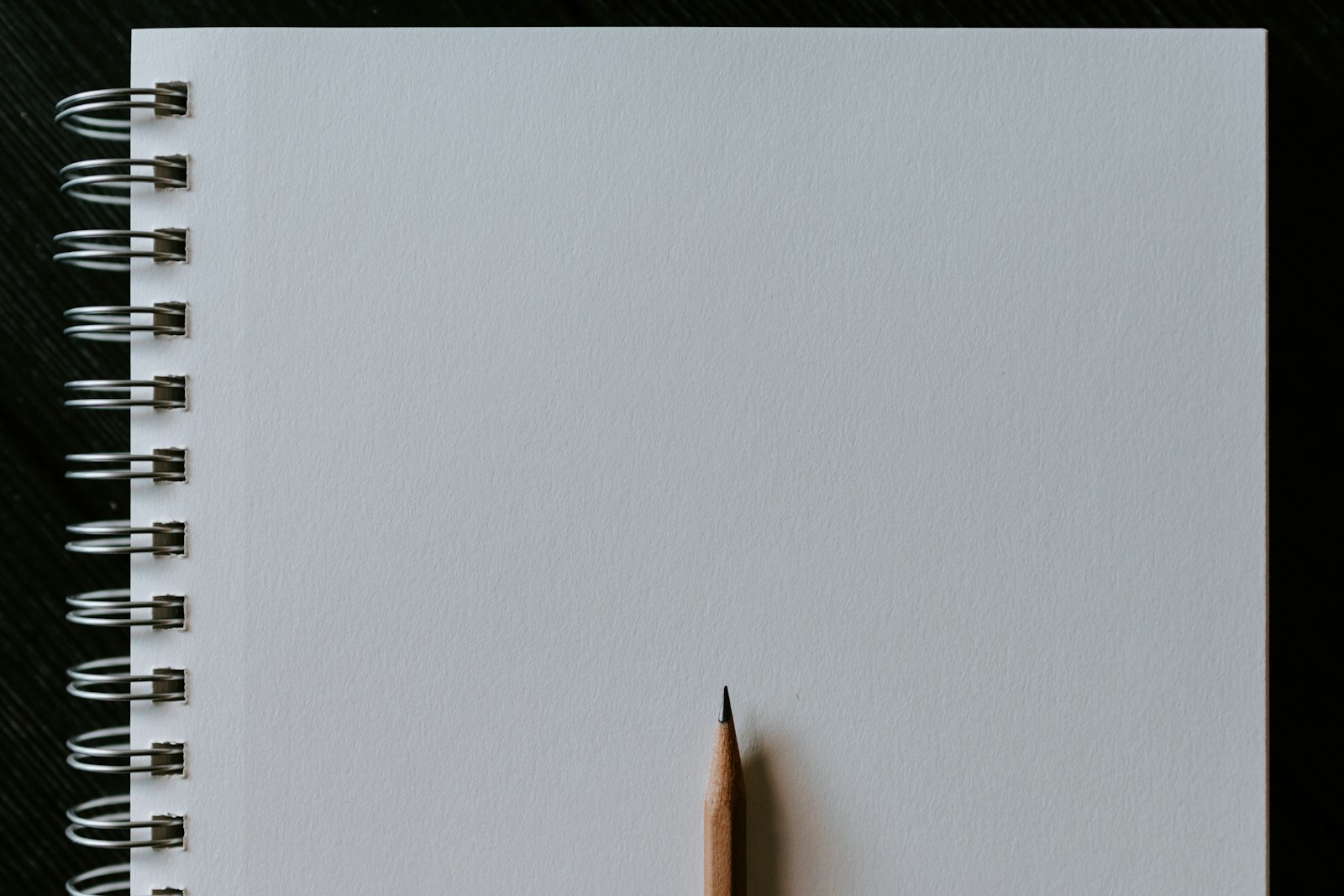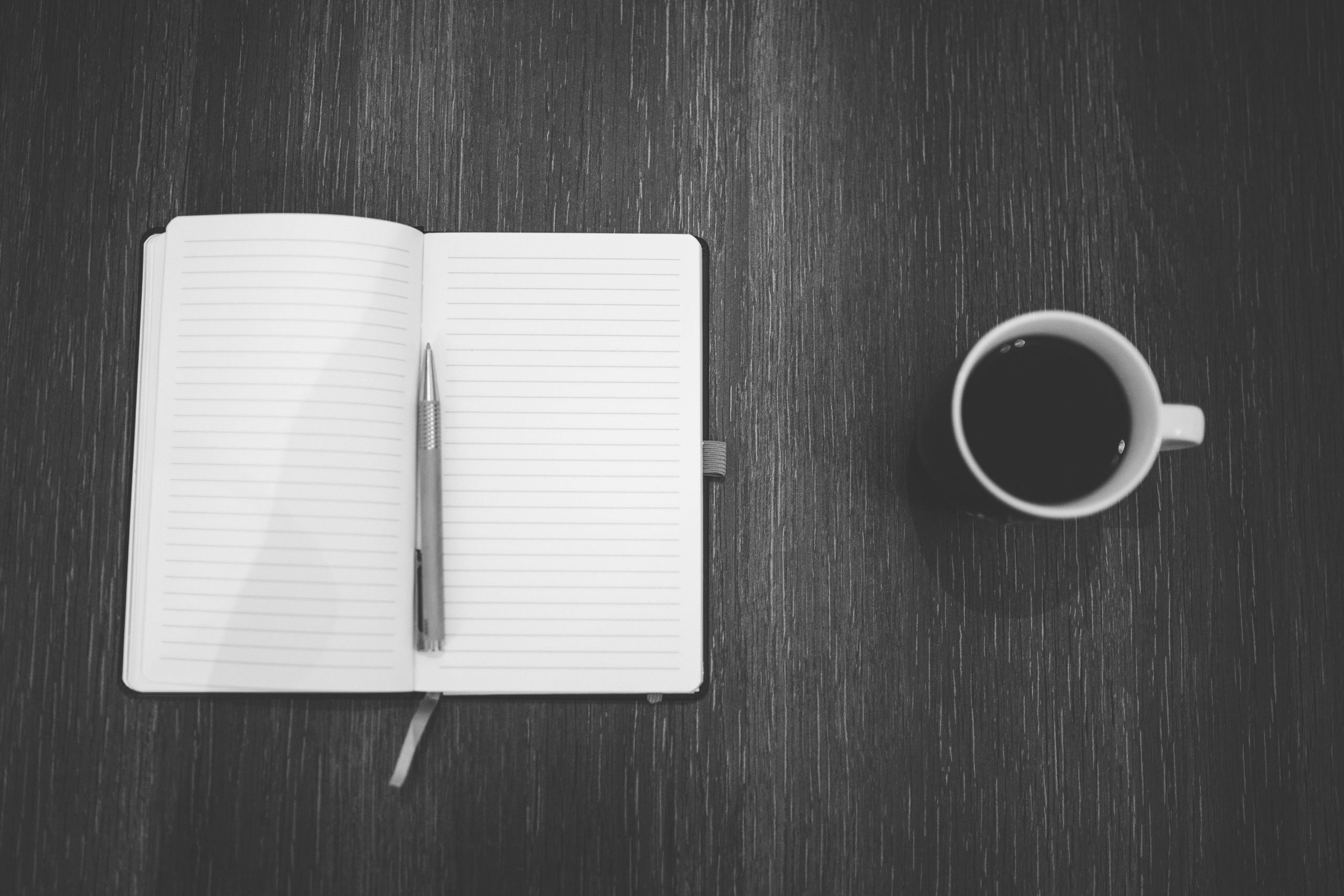The Problem With Thinking Too Much
Most of us are so busy and anxious that it’s often missed just how much overthinking we do.
Sadly, many of us are completely addicted to thinking, and we miss out on a lot because of it. The majority of our thoughts are simply a script, running in an endless loop, but many of us have become so identified with this thought loop that we are in a state of mental paralysis.
Of course, we all know this on some level.
We know we need to stop thinking when we’re in bed at night trying to sleep. And we know we need to stop thinking about work when we’re home, but how do we do it?
The reason we’re afraid to stop thinking so much is that we believe that it’s necessary in order to maintain our lifestyle or do a good job at the things we are trying to accomplish.
The reality is seemingly contradictory, as it is often the act of thinking about a problem that keeps us from finding a real solution to it.
The majority of our mental operations work without our conscious awareness.
We believe that if we think about a problem enough we will come up with a solution.
However, most of the time we lose the ability to turn off our thoughts and never get a solution. Instead of a solution we simply go over the problem repeatedly, wearing ourselves out, and becoming completely anxious about the whole situation.
This is the common downward spiral of overthinking.
Giving Our Brain Space To Work

So what’s the solution to overthinking a problem?
We must begin trusting our own brain to help us solve our problems for us. The human brain is very good at solving problems and it has a lot of information at its disposal. But a lot of what it does is outside of our awareness.
This is where trust comes in.
We’ve all had moments where we remember the location of an item we’ve lost as soon as we stop thinking about it. Or in another scenario, a solution to a problem comes out of nowhere when we’re doing something unrelated.
Those moments can be cultivated through trusting our brains to do the work they’re built for.
If we re-frame our relationship with our brain and begin seeing it as a really awesome personal assistant, we can start to relax and allow it to work for us. We can ask our brain for assistance and then get out of its way.
In this context, overthinking is like telling our personal assistant about a problem over and over again, without ever letting the assistant work on the problem.
There are various ways of asking our brain for assistance, but ultimately the less running dialog we have going on, the happier our brain is and the more it is able to perform the many tasks it needs to perform.
To stop overthinking we must first become aware that we are overthinking.
If overthinking has become such a habit in us that we have no reference point to enable contrast, then stopping our overthinking is more difficult. Through meditation, we can build our awareness and our ability to concentrate, which enables us to detach from our thoughts.
The key to stopping overthinking is not to try to stop our thoughts, that will only stir them up. Instead we can simply bring our attention into the present moment.
This is commonly referred to as mindfulness, and while I don’t feel it should be a replacement for a daily meditation practice, it is a great supplementary technique.
The key to mindfulness practice is consistency and experimentation to find what works for you.
As we become better at directing our thoughts in more constructive ways, we’ll start to see all kinds of positive benefits occurring in our daily lives.




